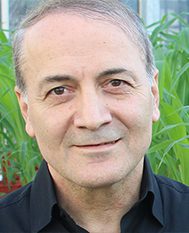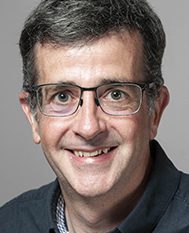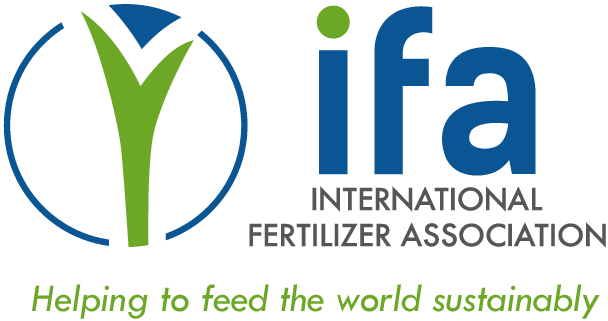Podcast
18 May 2022
Biofortification
- Podcast
Some 3 billion people in the world experience 'hidden hunger.' They might have enough rice, wheat and pulses to eat, for example, but the food lacks the vitamins and micronutrient minerals such as zinc, iron, selenium and iodine needed for normal brain development and strong immune systems. How can we use fertilizers to improve the micronutrient content of food crops? Ismail Cakmak, Professor of Plant Nutrition, Sabanci University, Turkey, and Martin Broadley, Professor and Science Director, Rothamsted Research, UK, sat down with IFA Chief Scientist Achim Dobermann to discuss how fertilizers can improve the micronutrient content of food crops - biofortification - and help tackle hidden hunger.
About the guest speakers



Ismail Cakmak, Professor of Plant Nutrition, Sabanci University, Turkey



